Starting a new business can be an exciting yet challenging journey. As a startup founder, you’re likely juggling various tasks, managing limited resources, and constantly seeking ways to maximize efficiency while minimizing costs. Fortunately, there are a variety of tools for startups designed to help you save both time and money.
In this article, we’ll explore the top 10 tools for startups that can streamline operations, enhance productivity, and contribute to your business’s success.
10 Best Cost-Saving Tools for Startups
1. Trello – Simplify Project Management for Startups
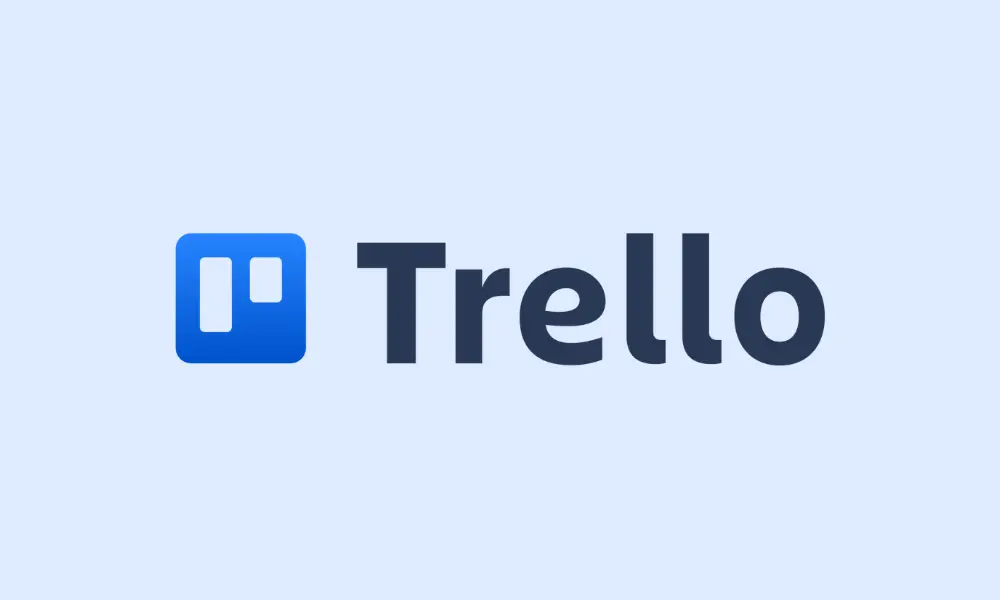
Effective project management is essential for startups, and Trello is one of the best productivity tools for startups that helps you keep everything organized. Whether you’re managing a small team or a growing one, Trello’s simple, intuitive design makes it easy to assign tasks, track progress, and collaborate in real-time.
Why Trello Is a Must-Have Tool for Startups
- Drag-and-drop task management makes organizing tasks simple.
- Integration with tools like Slack and Google Drive helps centralize all your work.
- The free plan allows small startups to access essential features without additional costs.
Using Trello as one of your tools for startups can save you time on project management, boost team productivity, and help you stay on top of your business goals.
2. Slack – Streamline Communication for Startups
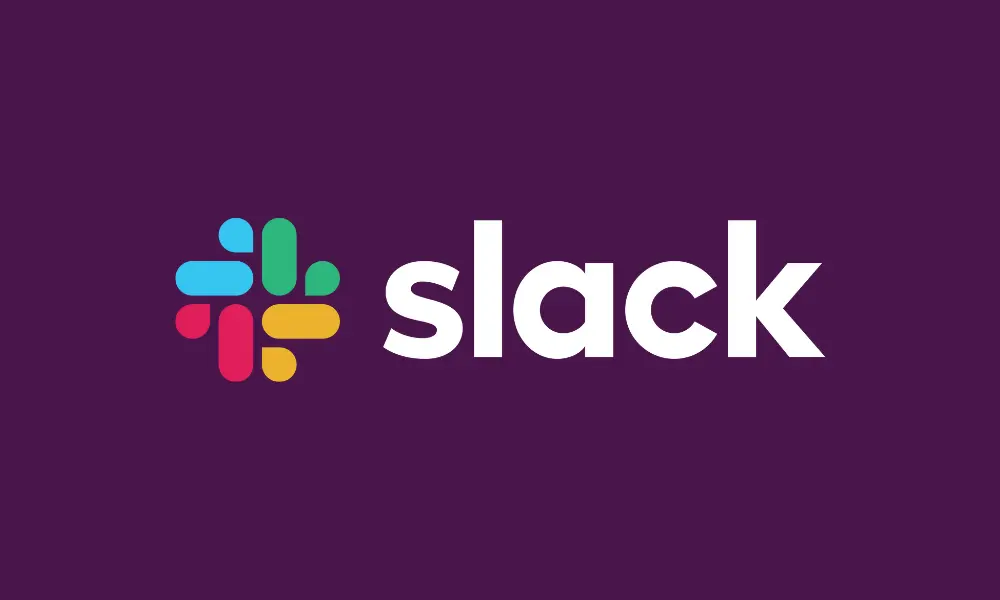
Communication is key to the success of any startup, and Slack is an indispensable tool for enhancing team collaboration. Slack reduces the clutter of emails and helps teams communicate instantly. It’s especially useful for remote teams or startups with diverse work environments.
Why Slack Is Essential for Startups
- Real-time messaging improves communication efficiency.
- Channels for specific topics or teams make it easy to organize conversations.
- Integration with other tools like Google Drive and Trello boosts workflow automation.
- Slack offers a free version ideal for small teams looking to save money.
By adopting Slack, startups can cut down on the time spent switching between emails and instant messaging platforms. It’s one of the best tools for startups looking to streamline communication and improve team productivity.
3. Canva – Affordable Design and Branding Tools for Startups

When it comes to creating professional-looking designs, Canva is a cost-effective solution for startups. From social media graphics to presentations, Canva allows you to create beautiful designs without hiring a graphic designer. This tool is an excellent option for startups looking for affordable business tools that still deliver high-quality results.
Why Canva Works for Startups
- Drag-and-drop interface makes design accessible to everyone, even those without prior design experience.
- Templates for social media, websites, and print materials save you time and effort.
- Offers both free and premium plans to suit the budget of any startup.
With Canva, startups can focus on branding and marketing without spending a fortune on design software or hiring expensive freelancers.
4. QuickBooks – Simplified Accounting for Startups
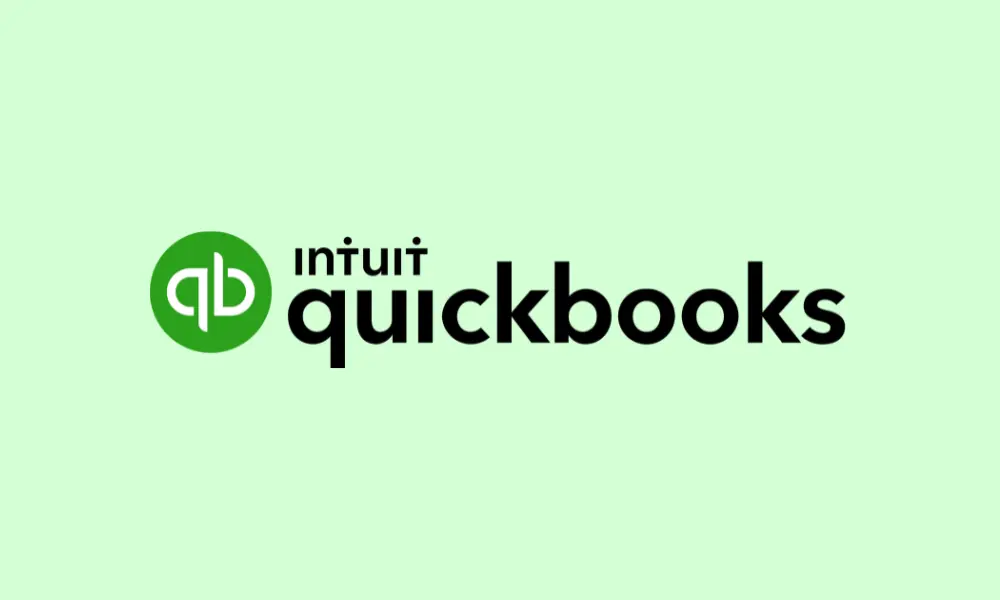
Managing finances is one of any business’s most important yet time-consuming tasks. QuickBooks is an all-in-one accounting tool simplifies bookkeeping for startups and small businesses. It offers automated features that help you keep track of income, expenses, taxes, and more.
Why QuickBooks Is Essential for Startups
- Automated bookkeeping helps minimize errors and save time.
- Offers financial reports that help startups track spending and plan budgets.
- Scalable plans that grow with your business needs.
QuickBooks is one of the top cost-saving tools for small businesses and startups looking to manage their finances efficiently and affordably.
5. Zoom – Easy Virtual Meetings for Startups

In today’s digital world, Zoom is a must-have tool for startups conducting remote meetings, webinars, and client calls. Whether you’re hosting a team meeting or pitching to investors, Zoom’s high-quality video and audio features make it an excellent choice for virtual communication.
Why Zoom Is a Game-Changer for Startups
- HD video conferencing allows clear communication for teams and clients.
- Screen sharing and recording options are perfect for presentations.
- The free plan lets startups conduct meetings of up to 40 minutes with unlimited one-on-one sessions.
Using Zoom as one of your essential tools for startup success saves time by eliminating travel costs and making remote collaboration easier.
6. Mailchimp – Cost-Effective Email Marketing for Startups
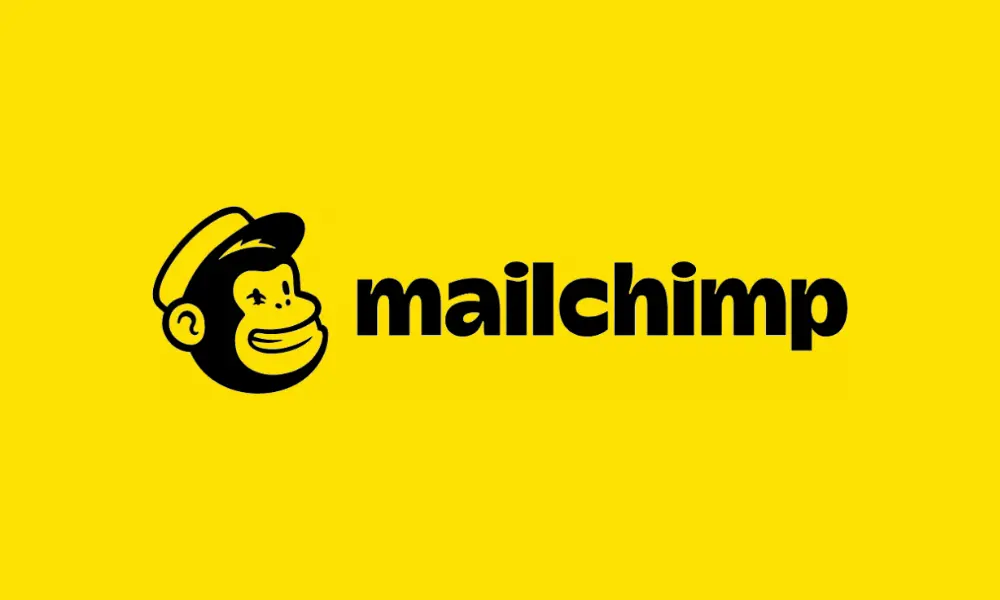
Email marketing is a highly effective way for startups to engage with customers and drive sales. Mailchimp provides an easy-to-use platform for creating, managing, and automating email campaigns at an affordable price. It’s especially useful for startups that need to build a customer base without spending a lot on advertising.
Why Mailchimp Is Ideal for Startups
- Automated email workflows save time on repetitive tasks.
- Drag-and-drop email builder makes it easy to design professional emails.
- The free plan is perfect for startups with fewer than 500 subscribers.
Mailchimp is one of the best productivity tools for startups that helps you reach potential customers and nurture existing relationships through email marketing.
7. Notion – All-in-One Workspace for Startups
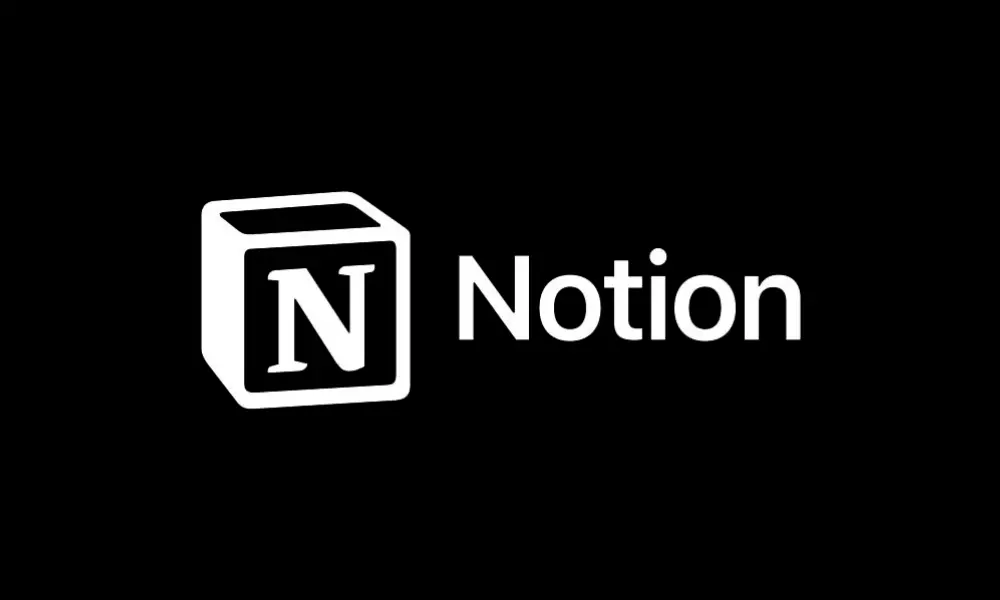
Notion is an all-in-one workspace that allows startups to manage tasks, notes, projects, and databases in one place. It combines project management, note-taking, and collaboration features, making it one of the best tools for startups looking to consolidate their work processes.
Why Notion Works for Startups
- Offers customizable templates for managing tasks, meetings, and notes.
- Collaboration features improve teamwork by centralizing information.
- The free plan provides sufficient functionality for small startups.
Notion helps startups save time by reducing the need for multiple tools and simplifying team collaboration.
8. Hootsuite – Social Media Management for Startups
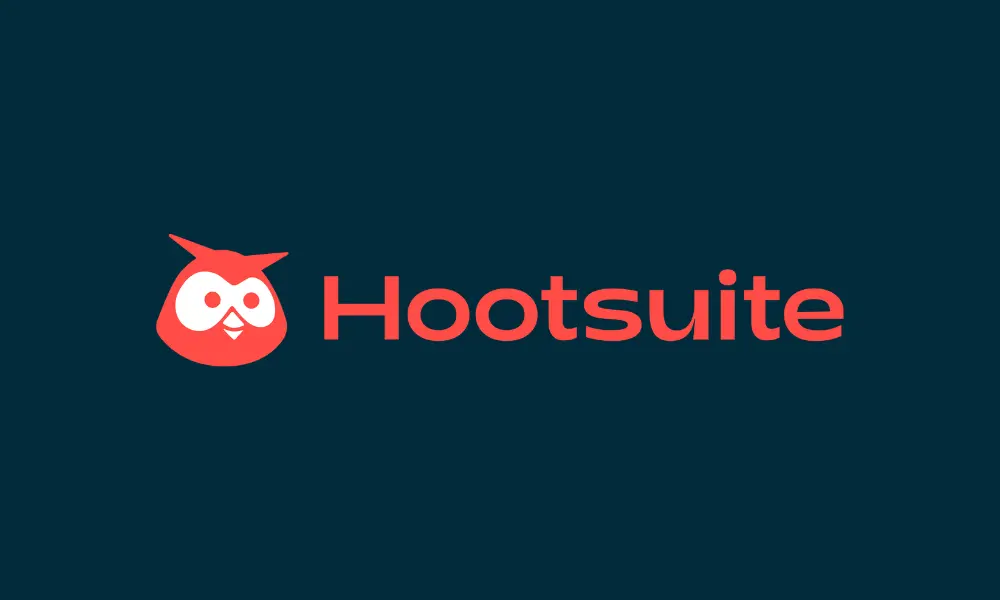
Managing social media accounts can be overwhelming for startups, but Hootsuite helps simplify the process. Hootsuite is a powerful social media management tool that enables startups to schedule posts, track engagement, and analyze performance across multiple platforms.
Why Hootsuite Is Crucial for Startups
- Bulk scheduling saves time and ensures consistent content posting.
- Analytics and reporting tools help measure social media success.
- The free plan allows startups to manage up to 3 social accounts.
As one of the top cost-saving tools for small businesses, Hootsuite enables startups to streamline their social media marketing efforts and maximize engagement.
9. Google Workspace – Collaboration and Cloud Storage for Startups

Google Workspace (formerly G Suite) is a suite of tools that includes Gmail, Google Drive, Google Docs, and Google Calendar. These tools make collaboration and document management easy and accessible, helping startups work more efficiently.
Why Google Workspace Is Ideal for Startups
- Real-time collaboration on documents, spreadsheets, and presentations.
- Cloud storage allows easy access to files from any device.
- Affordable plans that scale as your startup grows.
Google Workspace is an essential tool for startup success, helping your team stay organized, connected, and productive.
10. Zapier – Automate Repetitive Tasks for Startups
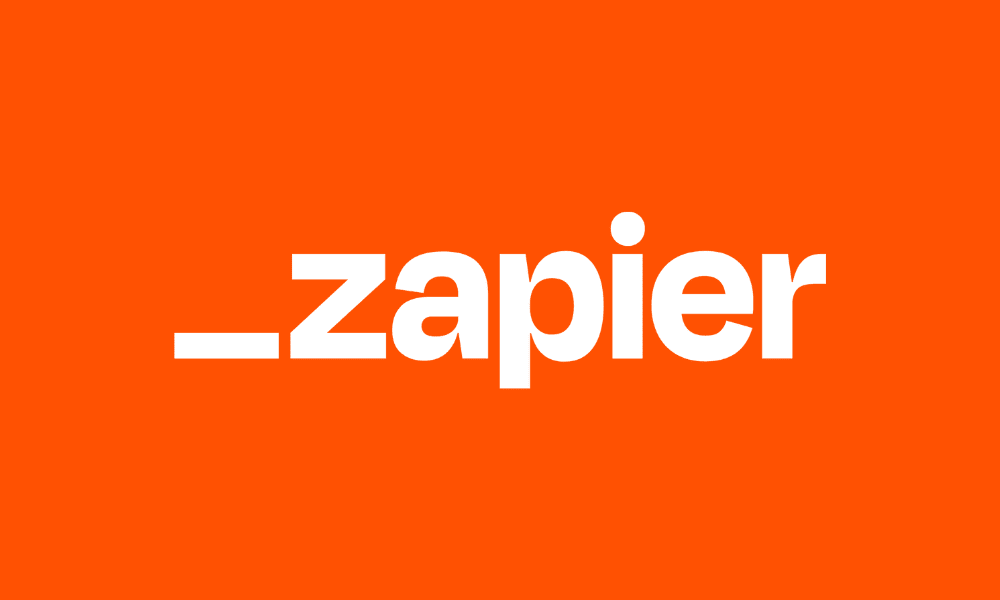
Automating repetitive tasks can save startups a significant amount of time. Zapier is a tool that connects different apps and automates workflows, allowing startups to focus on more important tasks.
Why Zapier Is a Must-Have Tool for Startups
- Automates workflows by integrating over 5,000 apps.
- Custom workflows reduce manual data entry and streamline processes.
- The free plan covers basic tasks, making it ideal for startups with limited budgets.
Zapier helps startups save time by eliminating manual work and automating everyday tasks, making it one of the best tools for startups looking to improve efficiency.
Conclusion
The right tools for startups can make a world of difference in saving time and money while enhancing productivity. From project management and communication to marketing and automation, these top 10 tools for startups are designed to streamline operations, reduce costs, and help your business thrive.
By using these best productivity tools for startups, you can focus more on innovation and growth while cutting down on time-consuming tasks. Start implementing these tools today and watch your startup become more efficient, organized, and successful.
Frequently Asked Questions (FAQs)
What are the best tools for startups to save time and money?
The best tools for startups include Trello for project management, Slack for communication, Canva for design, and QuickBooks for accounting. These tools help streamline tasks, automate processes, and save both time and money. They are efficient and cost-effective solutions for growing businesses.
Why do startups need tools to save time and money?
Startups often operate on tight budgets. The right tools for startups can reduce manual work, improve productivity, and automate routine tasks. By using these tools, businesses can lower operational costs and focus more on growth and innovation.
Are there any free tools for startups?
Yes! Many tools for startups offer free plans. Trello, Slack, Canva, Mailchimp, and Zoom provide essential features at no cost. These free versions help startups get started without significant expenses. You can always upgrade as your business grows.
How do I choose the right tools for my startup?
To choose the right tools for startups, first assess your needs. Look at areas like project management, communication, and marketing. Then, find tools that fit your budget and are easy to use. Be sure to try out free trials to test the tools before committing.
Can these tools help my startup scale?
Yes, many tools for startups are scalable. As your startup grows, you can easily upgrade to higher plans with more features. For example, Google Workspace and Zapier offer flexible options to support scaling businesses.
How do these tools help startups in the long run?
In the long run, tools for startups reduce manual tasks, increase efficiency, and help businesses grow faster. They allow teams to collaborate seamlessly and improve customer engagement. By using the right tools, startups can stay competitive and reduce costs.



